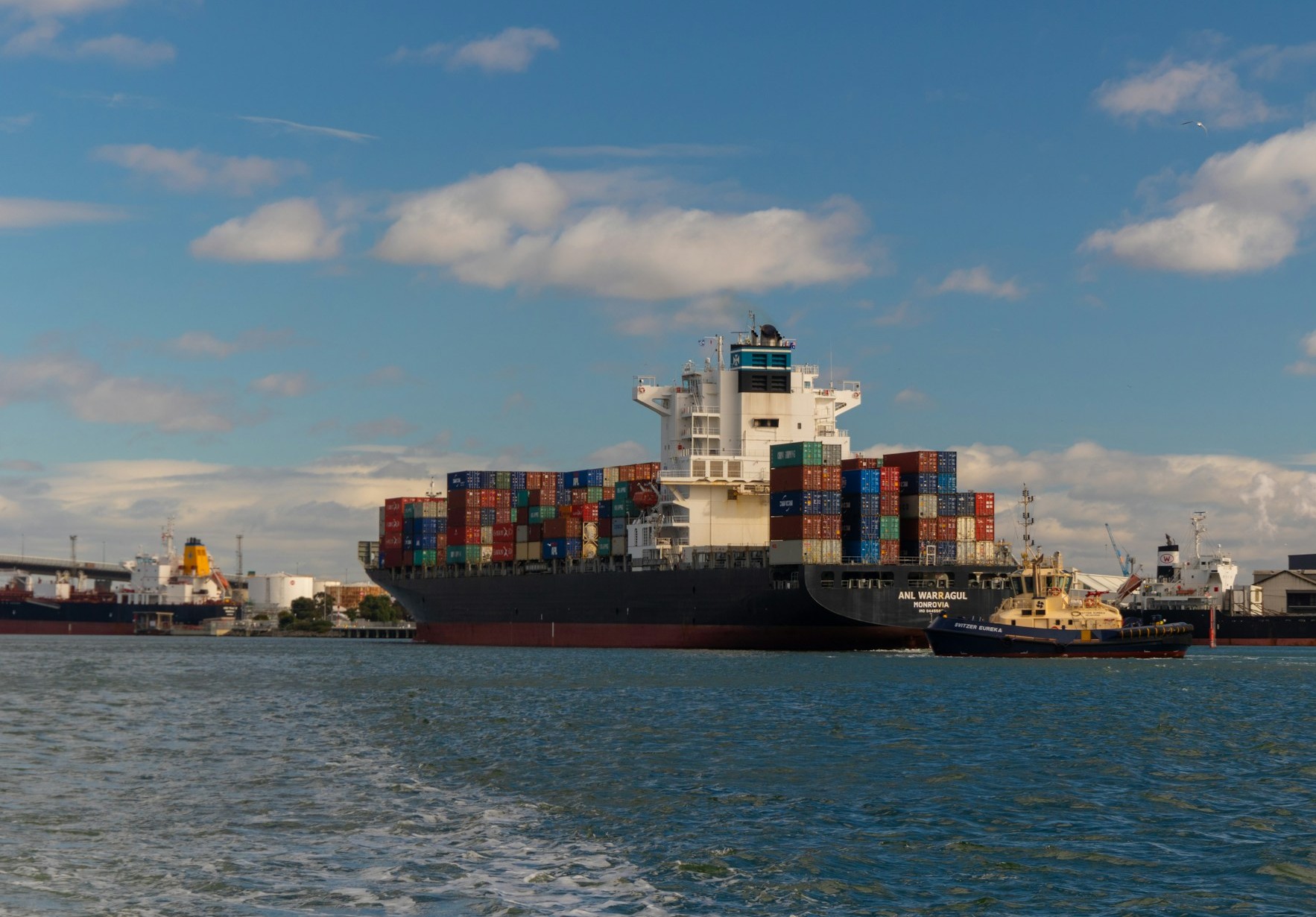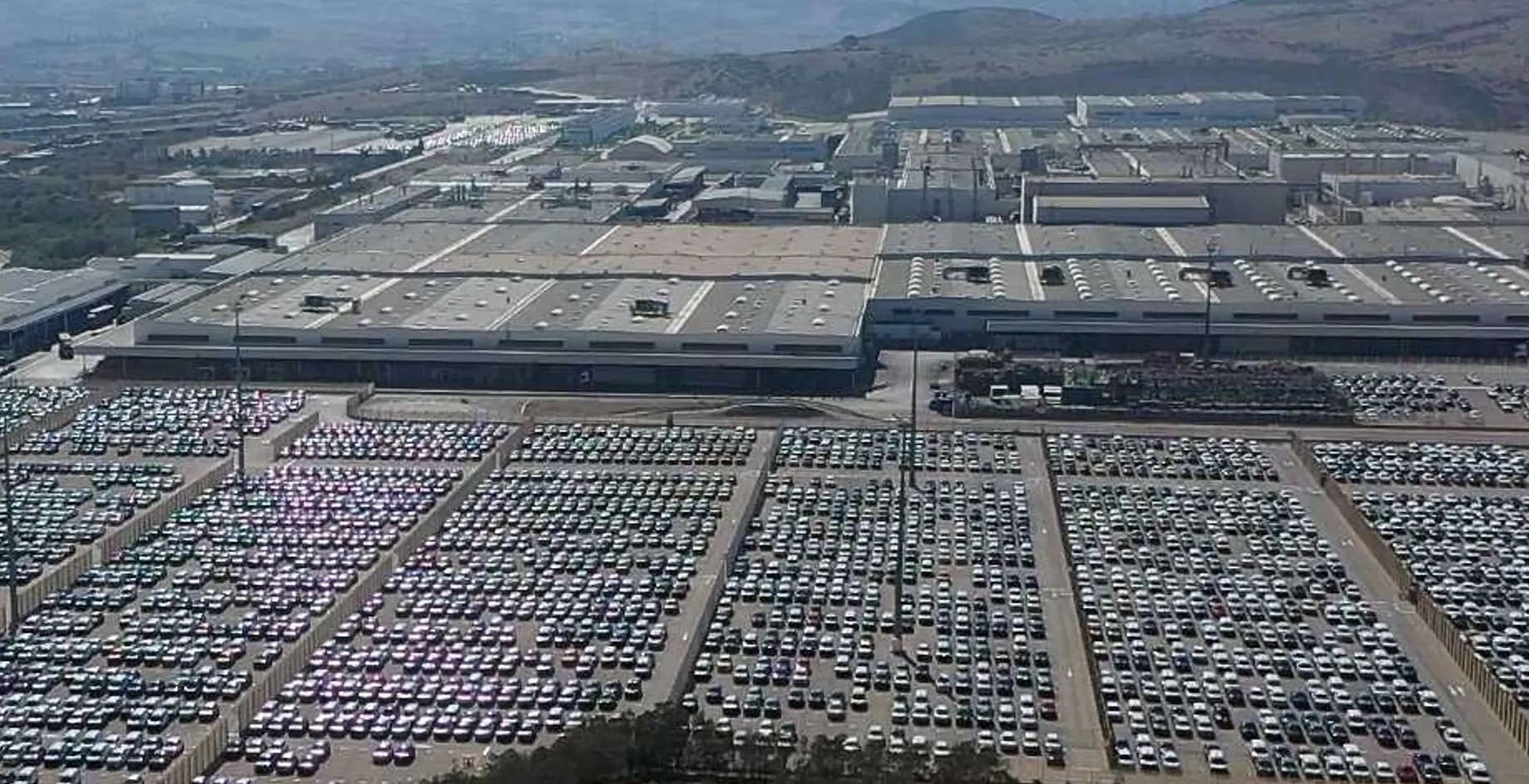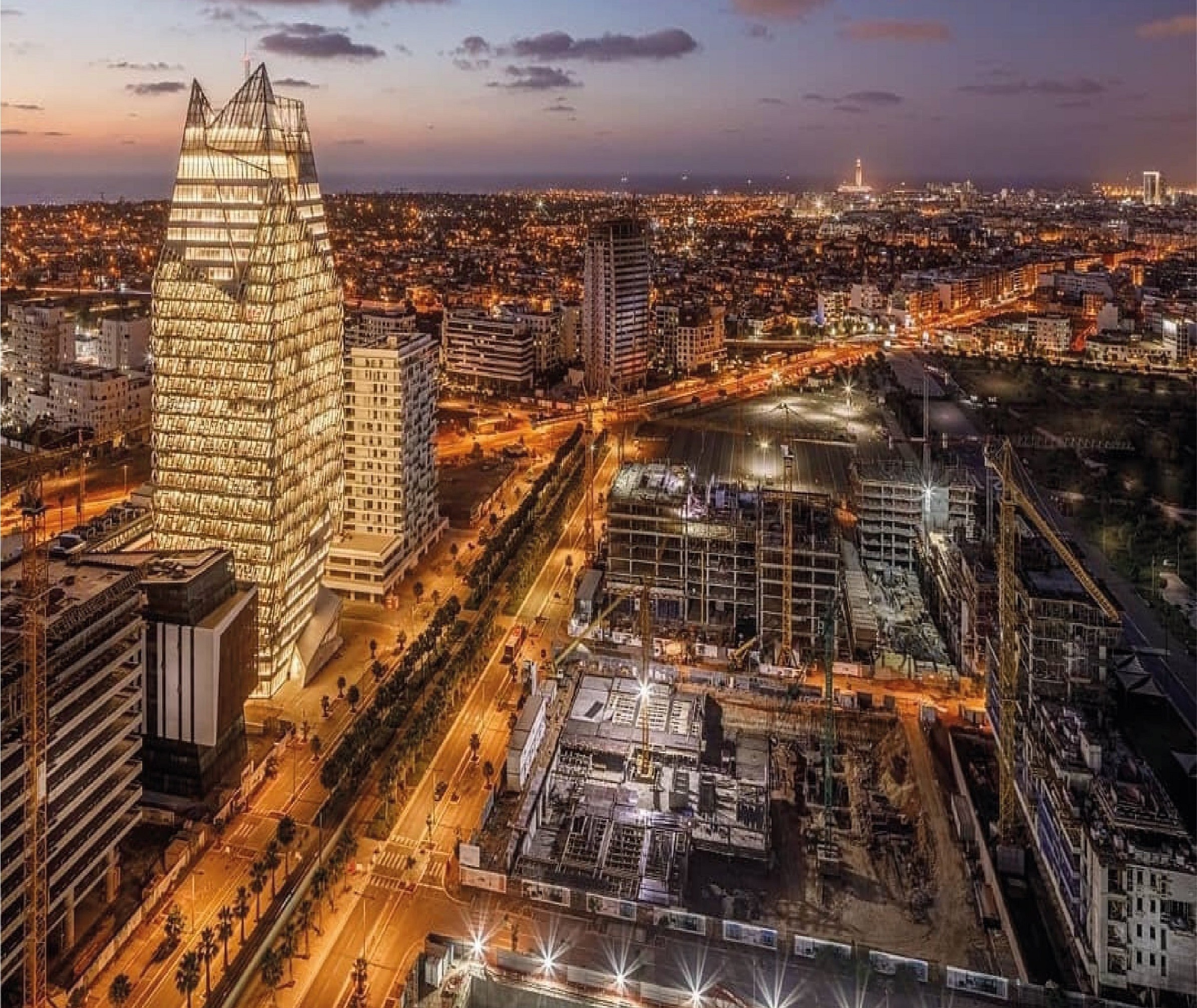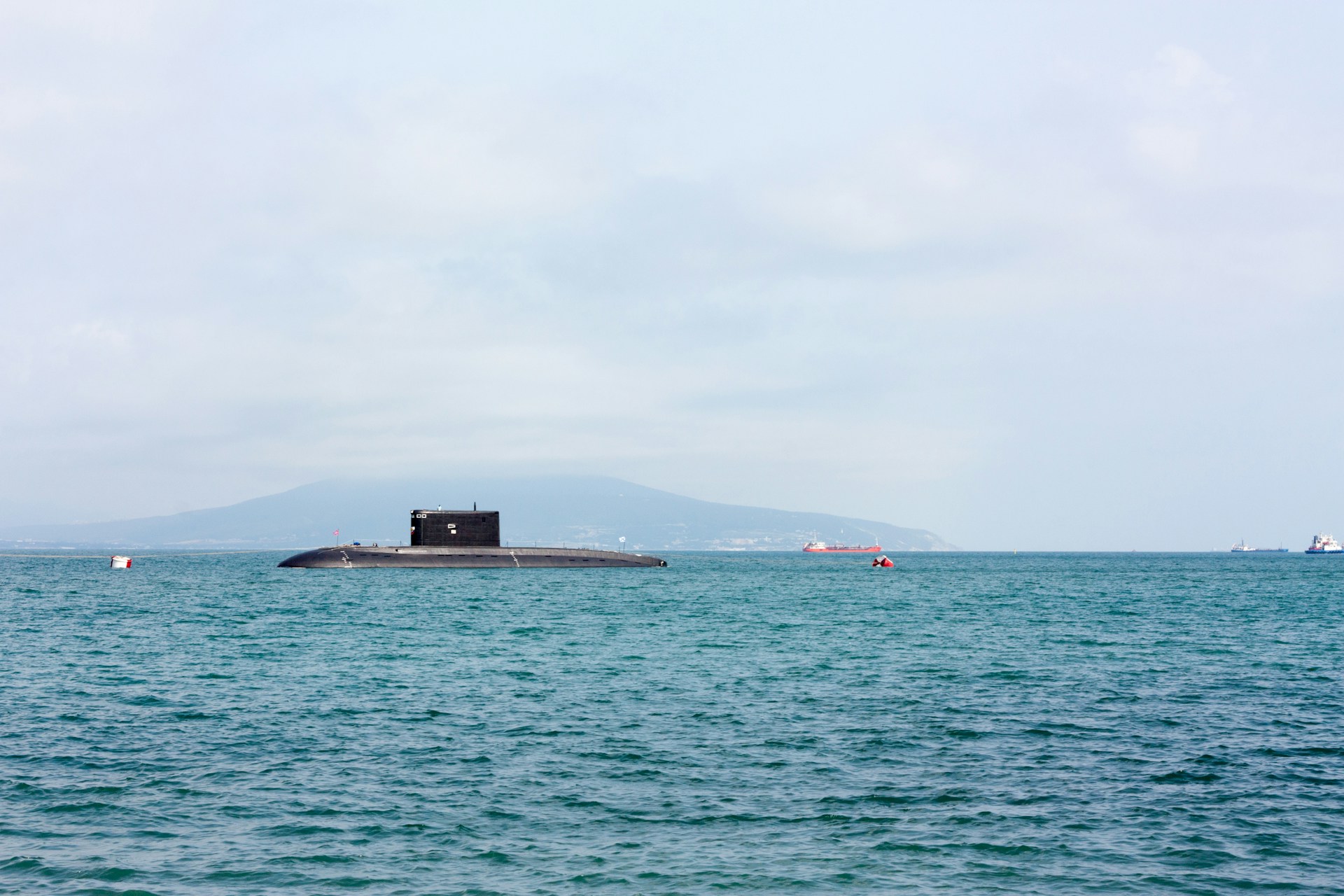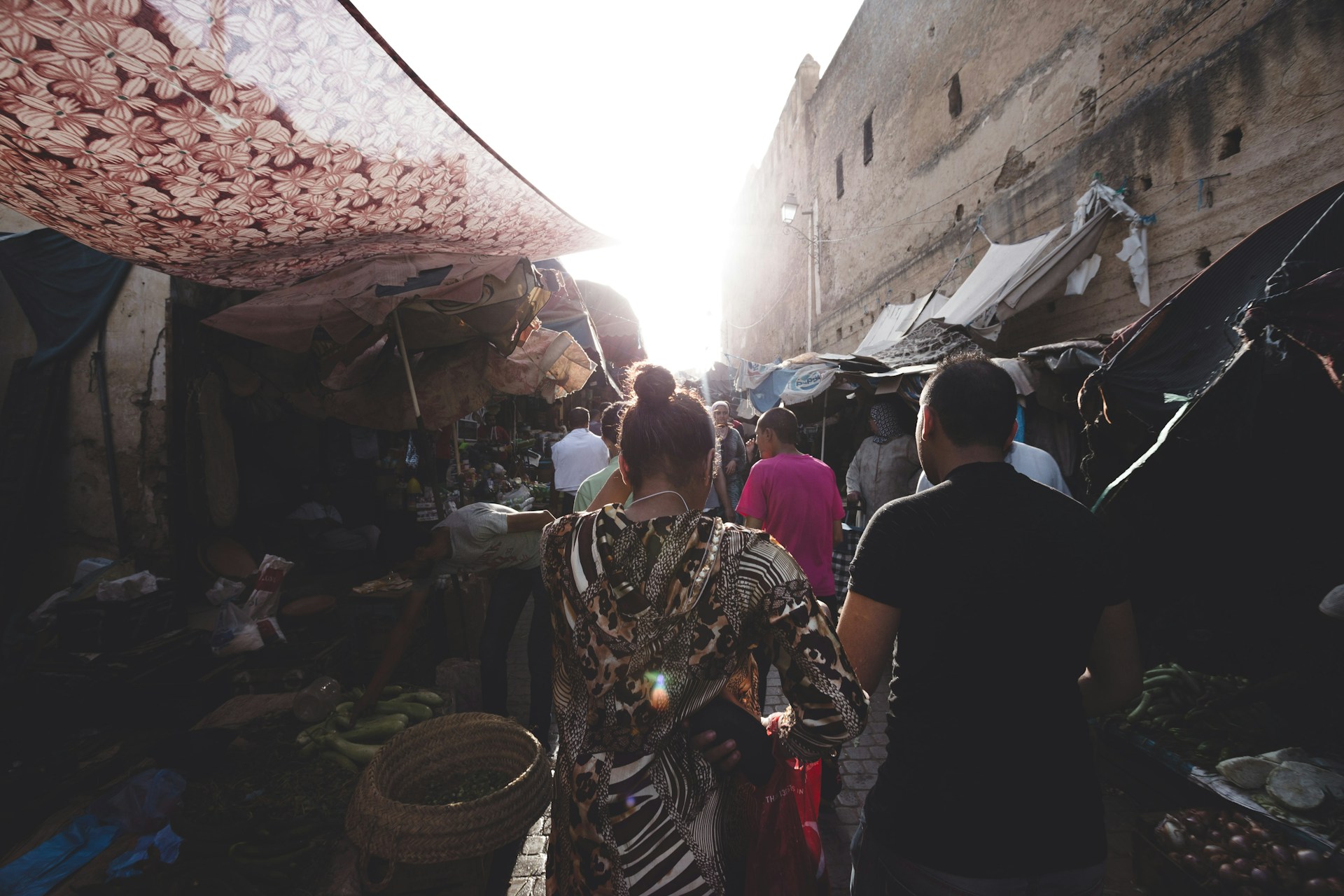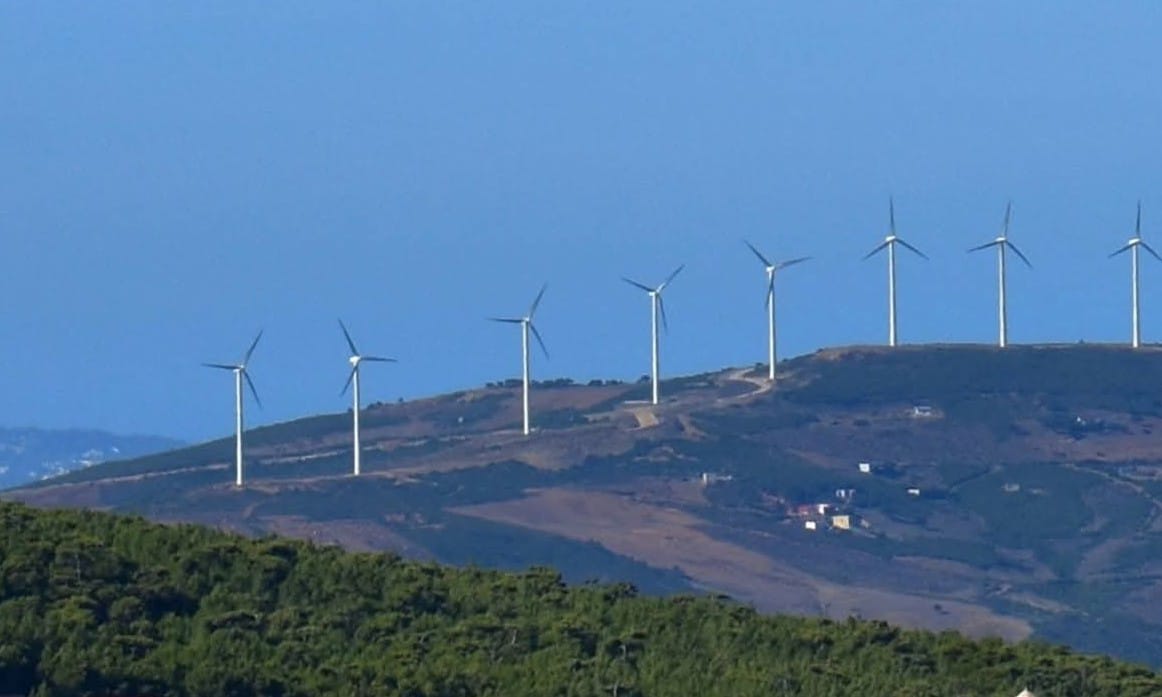Casablanca – The Moroccan watermelon sector, a significant contributor to the country’s agricultural exports, encountered severe setbacks in 2024 due to an ongoing drought. This environmental challenge led to a dramatic decline in both production and export levels, jeopardizing Morocco’s standing in the global watermelon market.
Recent data from EastFruit highlights the severity of the situation. Moroccan watermelon exports reached only 113.5 thousand tonnes in the first ten months of 2024, valued at $96 million. This marks the lowest export volume recorded since 2017. The decline is stark compared to the flourishing years between 2020 and 2023 when Morocco consistently ranked among the top five global exporters of red watermelon.
The root cause of this downturn is the unprecedented drought that has gripped Morocco, severely affecting agricultural production. The water shortage prompted Moroccan authorities to implement stringent restrictions on water usage for agriculture. In some areas, like the Tata province, these restrictions escalated to a complete ban on watermelon cultivation, resulting in the total cessation of production in those regions. Consequently, the overall harvest volume of watermelons across the country saw a significant reduction.
Despite the reduced quantities, the destinations for Moroccan watermelon exports remained relatively stable. France continued to be the primary importer, accounting for half of the exports. Spain followed, importing slightly less than a quarter of the total. The United Kingdom, Belgium, and the Netherlands completed the list of the top five importers, collectively absorbing a notable portion of the remaining exports. In 2024, Moroccan watermelons were shipped to 25 countries, but the reduced volumes were not enough to sustain Morocco’s previous position as a leading exporter.
This drastic decrease in production and export levels underscores the vulnerability of Morocco’s agricultural sector to climate conditions. The World Bank has identified Morocco as one of the five countries in the Middle East and North Africa facing severe water scarcity. This ongoing water crisis, exacerbated by population growth and climate change, poses a continuous threat to the sustainability of agricultural production in the region.
The current challenges faced by the Moroccan watermelon sector serve as a stark reminder of the urgent need for sustainable water management strategies. Developing and implementing effective measures to conserve water resources and optimize their use in agriculture is crucial for mitigating the impacts of droughts and securing the future of vital crops like watermelon.
As Morocco grapples with these environmental challenges, it must also explore innovative agricultural practices and technologies that can enhance water efficiency and resilience against climate change. By doing so, the country can safeguard its agricultural exports and maintain its position in the global market, ensuring that sectors like watermelon production continue to thrive despite adverse climatic conditions.
